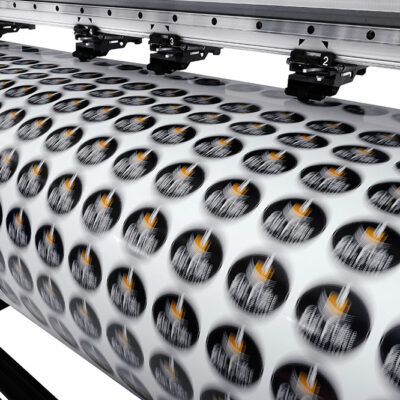
3 freight bill factoring frauds and ways to avoid them
Freight factoring is a common financial tool to provide immediate funds to trucking companies by selling their shipping invoices to the factoring companies. This provides financial stability to the trucking companies with quick capital. Although this is a popular financial practice, many fraudsters can see this as an opportunity to commit factoring invoice scams. Read on to learn the three facts about freight factoring frauds and how companies can avoid them.
Fake invoices to get immediate cash flow
Some companies may be experiencing shortage of cash flow. This issue, coupled with the daily expenses, makes the business owner commit factoring invoice fraud. Trucking company owners may create one or more false invoices and submit them for payment to the factoring company, among other legitimate invoices. This is a quick way to get funds and that is why it is an easy way to get funds even though the main intent may be to return them to the factoring company in full. Many low amount invoices may get sanctioned without review, leaving room for fraud. The best way to avoid such a situation is to thoroughly review all the invoices systematically and ensure that the invoice amount corresponds to the services provided by the trucking company.
Identity fraud is real
Many fraudsters may pose as legitimate trucking companies to get funds from the factoring companies. This can be easily avoided if the factoring companies implement a rigorous and robust screening process, including a strong verification process while signing the contract with the trucking companies. This will help the factoring company avoid any kind of fraud and keep their funds secure.
Double invoicing
This is a common fraud, and many factoring companies may find themselves victims of such a scam. Trucking or even ghost companies may submit the same invoice to multiple factoring organizations to secure funds from different factors. One of the best ways to avoid this fraud is to maintain a centralized data system to check for all invoices in real-time. When factoring companies implement a strong network of advanced invoice verification systems, it can help them identify frauds like double invoicing without it slipping through the cracks. However, double invoicing can also be a result of miscommunication or repeated entries. It is best to be vigilant about such a case to avoid fraudulent activities.


